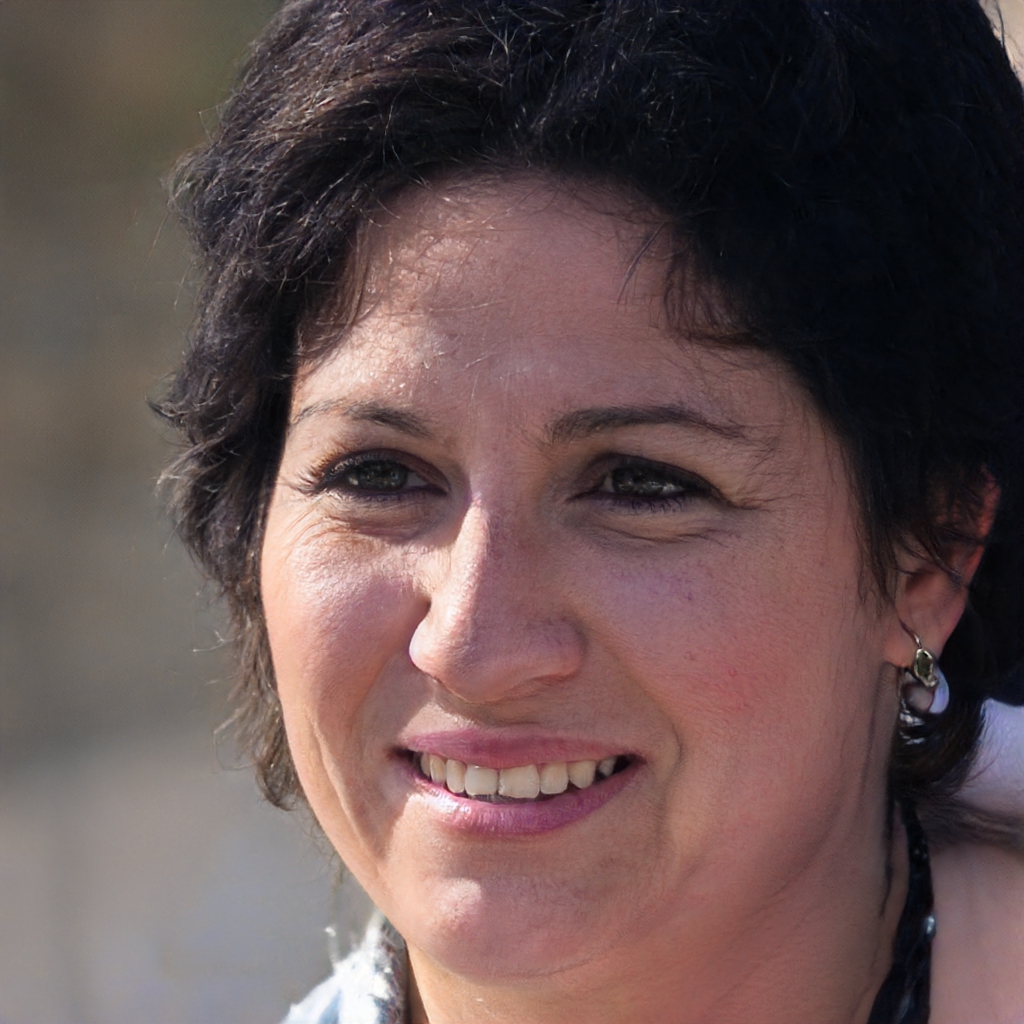In Sweden many people are inserting microchips under the skin to pay for train tickets, enter the office or go to the gym
More than 3 thousand people in Sweden have had microchips implanted under the skin to avoid having to carry ID cards, passports and even bus tickets every time. Since 2015, many people in the Scandinavian country have inserted a chip the size of a grain of rice into various parts of their body.
Some people have inserted the microchip under the hand and in this way they can enter the house, gym or office without having to use keys or magnetic cards. In order to do this, it is enough to pass the hand near a sensor, present in several buildings in Sweden, to be recognized and be able to access the building. A bit 'what Apple would like to do with the iPhone from next year, when the NFC module will be unlocked thanks to iOS 12. Already since 2017, moreover, the entire railway line in Sweden has been implemented with sensors that allow users to buy, validate or transship train tickets. How do they do it? Simple they pass the microchip under the skin near the sensor. The sensor recognizes their personality and scales from the associated credit card the cost of the train ride.
How to insert a sub-pelvic chip
People who have a sub-pelvic microchip claim that the process is not painful and you only feel a small sting when the chip is inserted under your hand. Although the process is really simple it is possible that on some people the chip will cause infections or allergies. According to experts in new technologies, however, Biohacking, or body modification with technology, is one of the trends we are going to face in the future. It all started with wearables and wearable trackers but in the future, sensors will not be accessories but could be "installed" directly on our bodies. Even the United States are beginning to invest in Biohacking, so much so that the chain of vending machines Three Square Market in Wisconsin has inserted the chip under the skin of 50 employees who can now access the premises, open the tills and perform similar operations.
